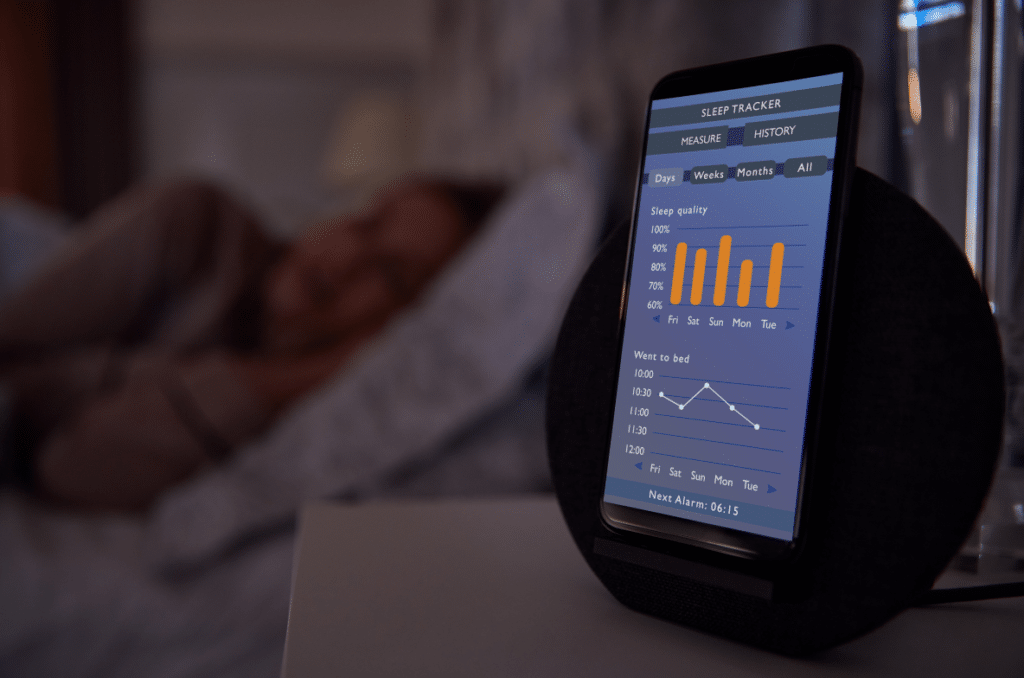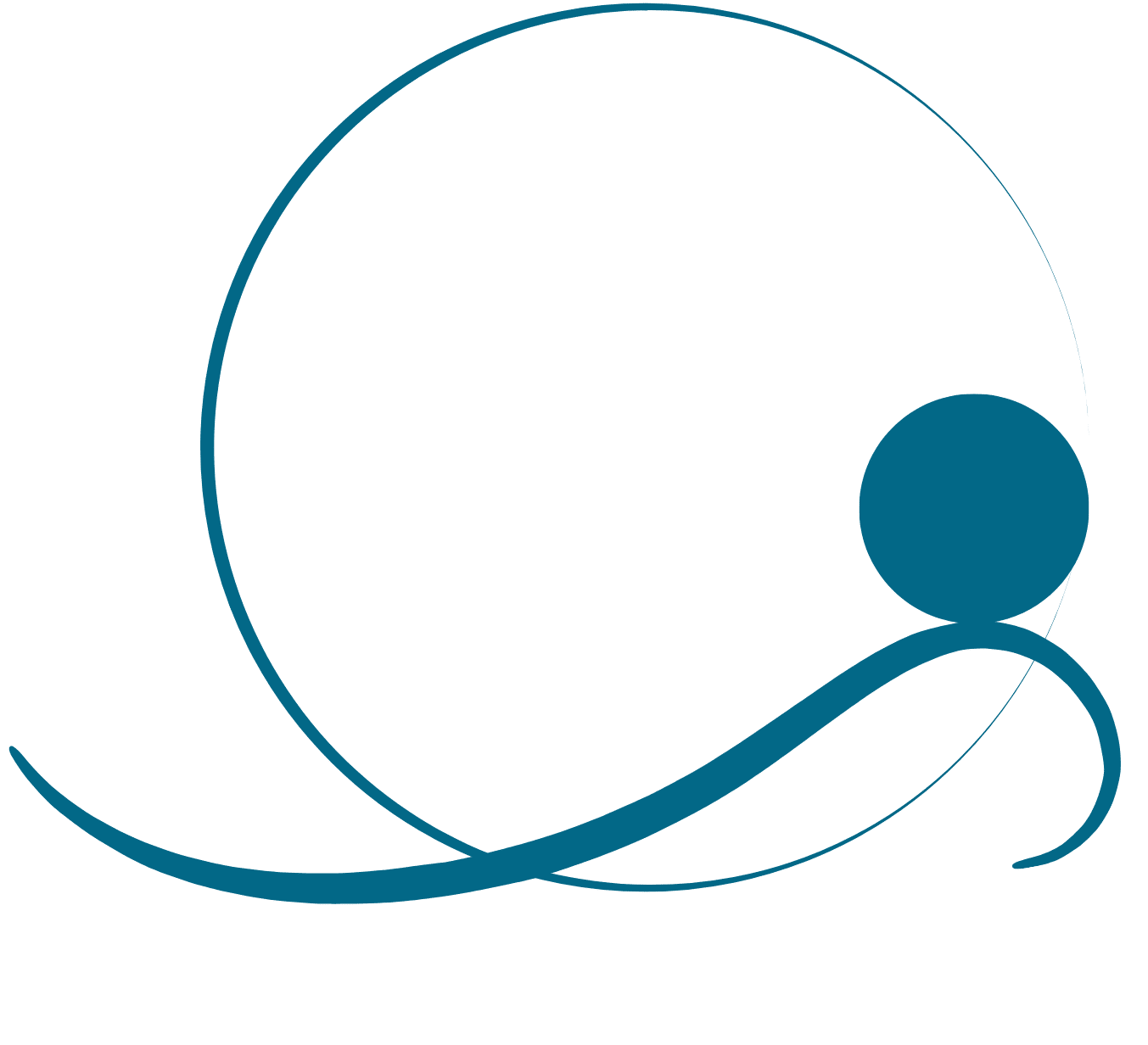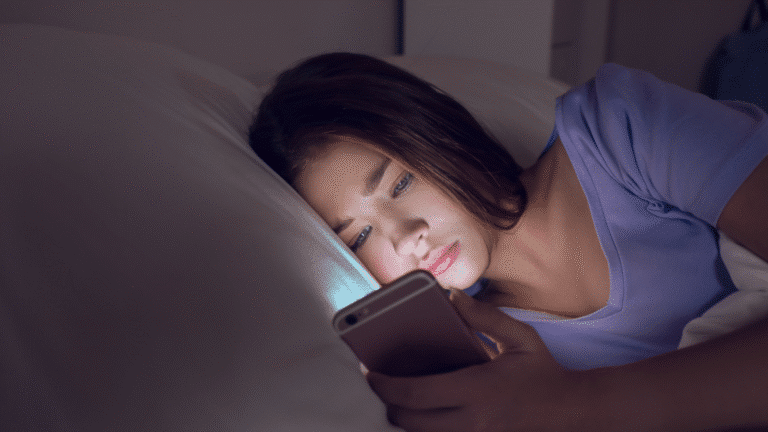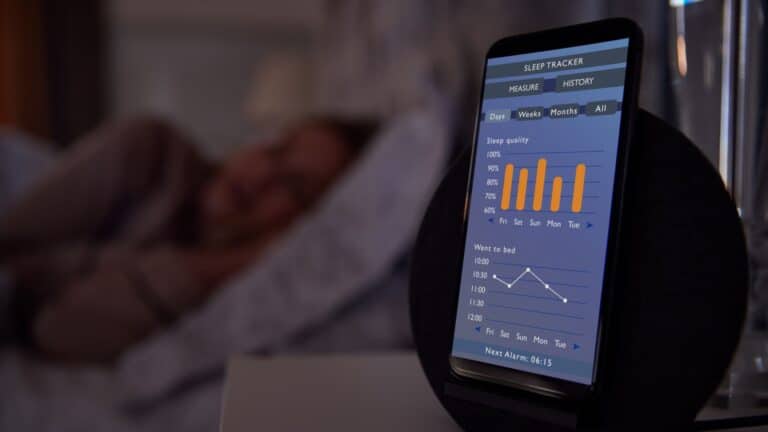The Growing Problem of Sleep Deprivation
Sleep deprivation is a global concern, and the growing sleep technology market is stepping in with promises to solve our sleep woes. In some parts of the world we are sleeping less than ever before, leading to significant health risks such as cognitive decline, depression and dementia. The economic costs are also significant, with poor sleep leading to increased healthcare expenses and workplace absences.
The growing demand for solutions to sleep issues has fueled the rapid expansion of the consumer sleep tech market, which is projected to be worth a staggering $40.6 billion (US) by 2027 (Global Market Insights). The potential for sleep technology to improve well-being is vast, but does it really help?
The Rise of Consumer Sleep Technology
In an industry that is growing at around 12% annually, consumer sleep technology is part of a digital health revolution, where innovative personal devices are continuously being created. Tech that shows promise includes wireless EEG devices, ultrasound sensors to detect breathing patterns, and artificial intelligence that uses data modelling to collate and categorise sensor data to identify sleep problems and make recommendations.
Most of us, however, are more familiar with health apps and wearable sleep technology like smart watches. Wearable devices, equipped with multiple sensors, monitor everything from heart rate to skin temperature and their accuracy and capabilities are improving at an impressive rate. With the rise of connectivity, sleep wearables can now sync with apps that use algorithms to analyse sleep patterns and make personalised recommendations.
Does Sleep Technology Really Work? The Accuracy Debate
For a long time, wearable sleep trackers have been criticised for their inaccuracy. But sleep tracking technology is evolving, and multi-sensor models are becoming better at detecting patterns in our sleep. By combining information from many sources some wearables are now more accurately able to tell us when and how we have slept.
Despite these advancements, research has largely overlooked how factors like age, gender, stress, and alcohol consumption impact sleep tracking accuracy – these are all factors known to impact sleep. Sleep apps are also falling short when compared to clinical sleep measurement standards, with only 30% of claims made by these companies being backed by research evidence.
The sleep tech industry is progressing at an astounding rate – a rate at which it is impossible for those evaluating the tech to keep pace with. This lag between the production of new sleep technology and its evaluation means that by the time we know if something has helped (or not) the industry has moved on to the next shiny new gadget.
Regulatory Concerns: Medical Health versus the Wellness Industry
One major issue is that consumer sleep tech often falls outside regulatory oversight. While the Food and Drug Administration (FDA) in the US regulates medical sleep tech, wellness sleep tech is largely unregulated, allowing companies to exaggerate their claims.
However, promising collaborations between tech creators, researchers and regulatory bodies are emerging. For instance, in 2017, the FDA launched a certification pilot programme for digital health technologies, involving major players like Apple, Fitbit, and Samsung.
Sleep Technology for Wellness - The Benefits and Risks
Consumer sleep technology has the potential to help individuals improve their sleep quality. Devices can track habits, provide insights, and encourage self-improvement. However, the increased reliance on this technology comes with risks.
The limited accuracy of sleep trackers can lead people to make misguided changes to their sleep habits or even self-diagnose disorders where none exist. There?s also a concern that individuals may delay seeking professional help based on inaccurate data.
As consumer sleep technology gathers increasingly detailed information about users’ sleep, a new phenomenon called orthosomnia has highlighted – orthosomnia is a preoccupation with sleep tracking that ironically leads to poorer sleep.
There is also the risk that for individuals already concerned about sleep, detailed information may exacerbate sleep-related anxiety, which can further worsen sleep problems.
As sleep technology develops it is clear that the psychological responses to such tech will need to be investigated.
Sleep Technology for Disordered Sleep - The Role in Clinical Practice
Apps that collect detailed data on sleep quality, routines, and factors like caffeine consumption are becoming valuable tools in clinical settings. Clinicians can incorporate this data into assessments and can tailor interventions more effectively.
There is potential for this technology to revolutionise patient-doctor interactions. Sleep tech information is beginning to be integrated into electronic health records, and the evolution of telehealth is increasing access to therapeutic sleep interventions such as digital Cognitive-Behavioural Therapy for Insomnia (CBT-I).
Big Data and Sleep Research - The Future of Sleep Technology
Sleep tech is now generating vast amounts of data from millions of users, opening up unprecedented opportunities for sleep research on huge scales. Having previously relied on clinic-based technology and self-report measures, researchers can now map sleep across geographical regions, genders, ages, and more at little cost. Collaboration between tech companies and researchers is also growing, and this big data approach to sleep could lead to breakthroughs in our understanding of sleep and its global health impacts.

Conclusion
Sleep technology holds incredible potential to personalise and improve sleep experiences for individuals worldwide. However, it’s essential for consumers to be mindful of the limitations and risks associated with consumer-grade sleep technology. With better regulation and more collaboration between tech creators, researchers and regulatory bodies, sleep tech could revolutionise not only individual sleep habits, but also global health trends.
A version of this article appeared in issue 9 of the Singapore Psychologist Magazine in December 2021.




